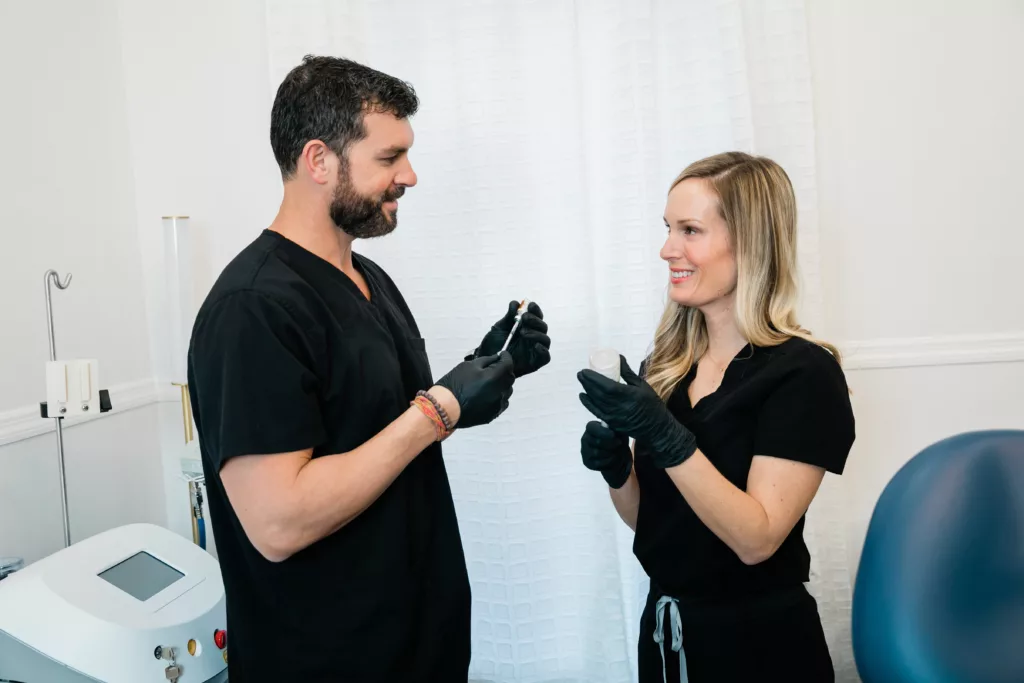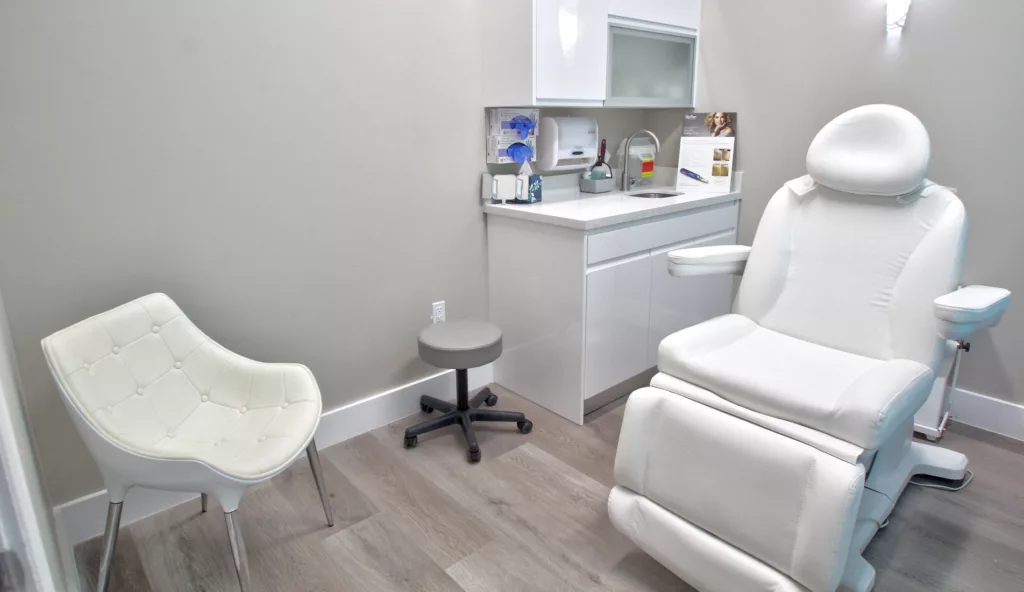When selling your healthcare practice to another practitioner, one of the most important financial metrics is Seller's Discretionary Earnings (SDE). This metric helps potential buyers understand the true financial benefit they could receive from purchasing your practice.
What is SDE?
Seller's Discretionary Earnings represents the total financial benefit available to a single practice owner after paying all necessary operating expenses. In practical terms, it's what's left after paying staff, rent, supplies, and other operational costs – but before paying the owner. SDE combines the owner's compensation (including salary and distributions), EBITDA (Earnings Before Interest, Taxes, Depreciation, and Amortization), and certain add-backs or normalizing adjustments.
Note: SDE is calculated before debt service, meaning it doesn't account for mortgage payments or other financed expenses.
When Is SDE Used?
SDE is primarily used in practitioner-to-practitioner sales, particularly for practices valued under $2M. It's most relevant for single-owner practice transitions and is typically calculated on an annual or trailing twelve-month (TTM) basis. Corporate buyers like DSOs and MSOs generally don't focus on SDE since they structure compensation differently.
Why SDE Matters in Practice Sales
The key functions of SDE in practice transitions include:
- Direct Income Comparison - Helps buyers understand potential take-home pay
- Practice Health Indicator - Shows efficiency and financial health
- Growth Potential Assessment - Reveals future income possibilities
- Standardized Evaluation - Enables fair practice comparisons
- Valuation Basis - Often used as a key multiplier in practice valuations
Understanding SDE in Practice
Consider a practice producing $1.2 million in revenue with an SDE of only $175,000. This disparity might signal operational inefficiencies or unusual expenses that need investigation. Buyers should expect the owner's take-home to align with market standards for the production level.
Real-World Application
SDE answers the fundamental question: "How much will I make owning this business?" It's particularly valuable for associate doctors considering practice ownership, as it allows them to compare their current associate income against potential ownership earnings plus the added responsibilities of leadership and business management.
Bottom Line
For practice owners planning a transition to another practitioner, understanding your SDE is crucial for accurate practice valuation. It provides potential buyers with a clear picture of the financial opportunity while helping sellers demonstrate their practice's true value. This understanding becomes particularly important in doctor-to-doctor sales, where SDE often serves as a foundation for determining practice worth.
Looking to understand more about your practice's value? Contact us for a confidential discussion about your transition options.



